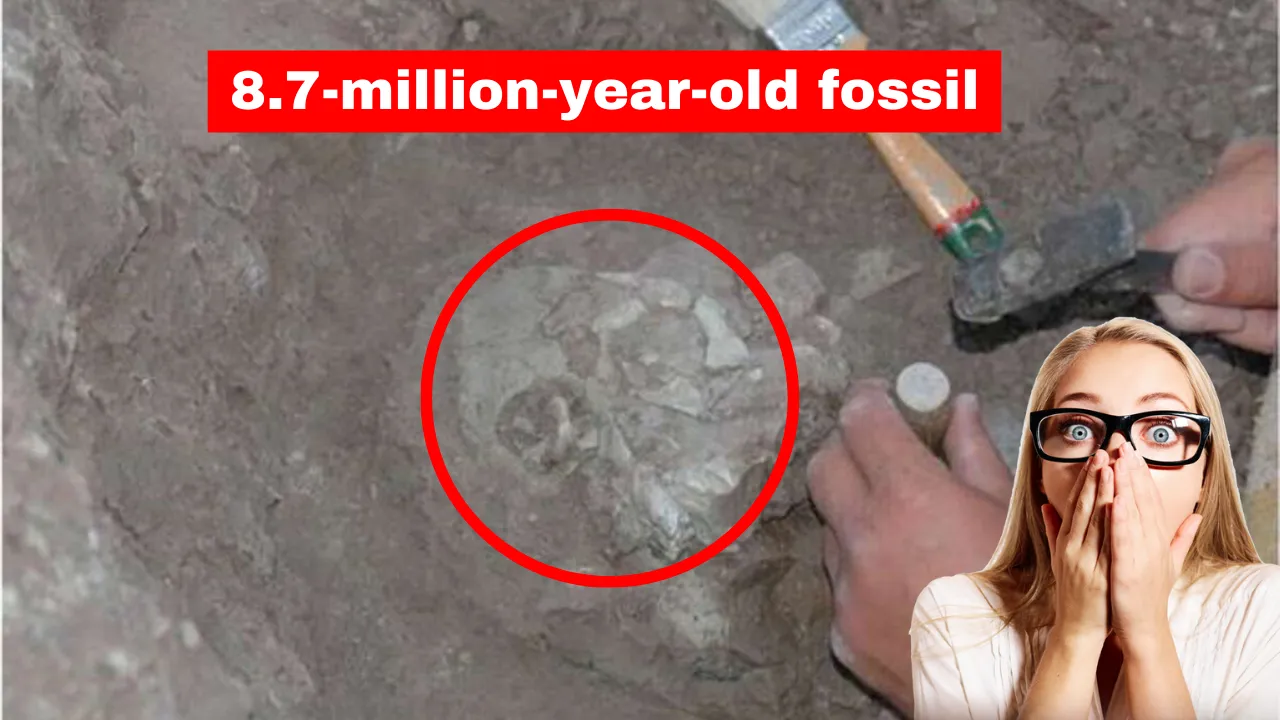A remarkable discovery is reshaping our understanding of human origins, as scientists unveil the fossilized remains of a previously unknown ape species that thrived in Turkey approximately 8.7 million years ago.

Unearthed from the Çorakyerler vertebrate fossil bed near Çankr, this newfound species has been named Anadoluvius turkae, providing fresh insights into ancient ecosystems and the evolution of primates.
With an estimated weight of 110 to 132 lbs, Anadoluvius is believed to have been similar in size to today’s large male chimpanzees.
Contrary to earlier assumptions, this ancient ape likely inhabited a dry forest environment and spent significant time on the ground, challenging traditional ideas about its behavior.
Led by Professor David Begun and his team from the University of Toronto, this research is revolutionizing our understanding of ancient Mediterranean apes and their connections to the broader hominines family – which includes humans, our ancestors, and African apes such as bonobos, chimpanzees, and gorillas.
Professor Begun’s findings suggest that hominines didn’t solely evolve in western and central Europe but also thrived in the eastern Mediterranean region for more than five million years before eventually expanding into Africa.
This migration, he theorizes, was likely driven by changing environmental conditions and the dwindling of forest habitats. Interestingly, the lineage to which Anadoluvius belongs is currently only found in Europe and Anatolia.
While previous fossil discoveries of this ancient ape exist, the exceptional preservation of the facial structure and the anterior part of the brain case in this specimen is particularly significant.
According to Professor Begun, “The completeness of the fossil allowed us to conduct a more comprehensive and detailed analysis.”
Utilizing advanced techniques like mirror imaging, researchers reconstructed Anadoluvius’s facial features, shedding light on its appearance and anatomical characteristics.
Employing a specialized program designed to assess evolutionary relationships, the team gained valuable insights into the implications of this find.
This discovery challenges preconceived notions about human origins and emphasizes the importance of thorough investigation in unraveling the mysteries of our ancient past.”








